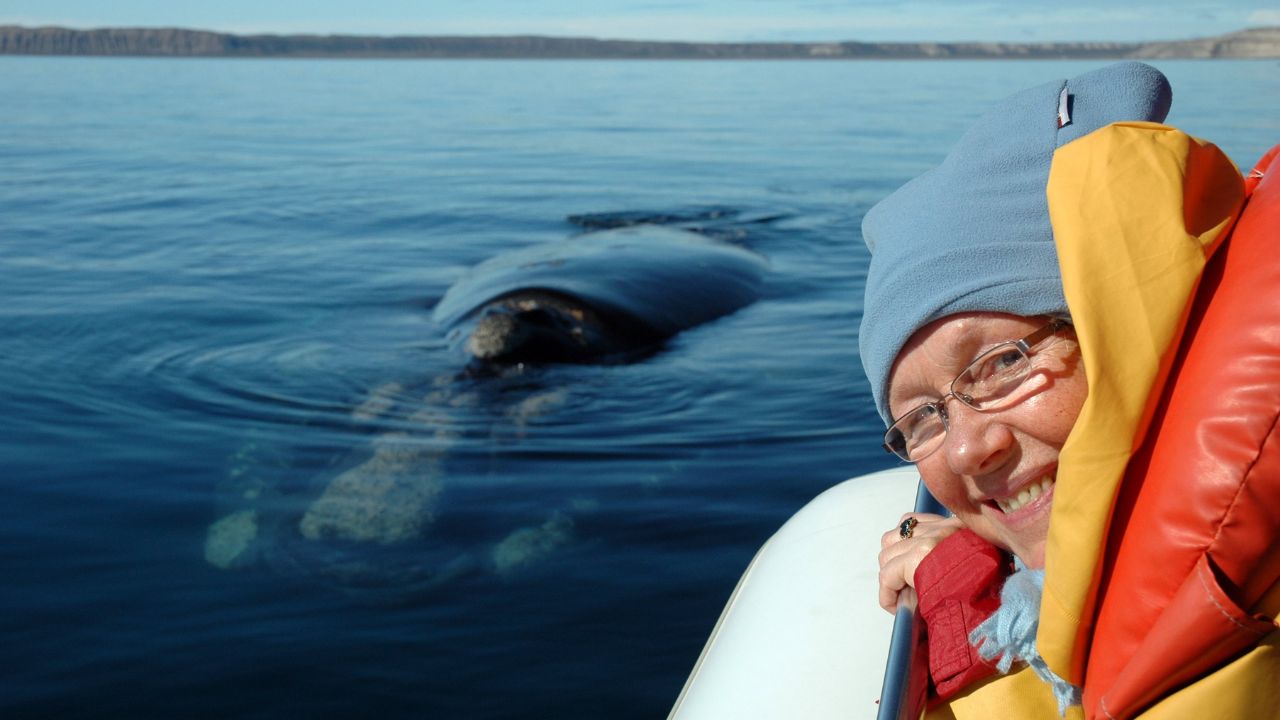A Project for Maritime Safety
The Ocean Project, an innovation and development initiative funded by the European Union, held its first Stakeholders Assembly at The Nautical Institute on the 1st of June, 2023. The meeting was attended by representatives from the project consortium and stakeholders from the maritime industry, including shipping companies, maritime regulators, and maritime safety organisations.
Erik Styhr Petersen, a senior researcher at Western Norway University of Applied Sciences and the Norwegian University of Science and Technology, is leading the project. During his presentation, Peterson highlighted the importance of situation awareness in preventing navigation accidents and explained that situation awareness is the ability to understand the current situation and the potential risks. This ability is essential for navigators to make good decisions.
Petersen concluded the presentation by stressing the potential impact of the OCEAN Project on maritime safety. He said that the project has the potential to save lives and prevent accidents. He also urged stakeholders to support the project and help make it successful.
The OCEAN Project is an ambitious project that aims to improve maritime safety through better awareness and evasive manoeuvring capabilities. The European Union funds the project, led by a consortium of 13 organisations from 7 European countries: Norway, Greece, Spain, Denmark, Portugal, Ireland, and the UK. UK participants in project OCEAN are supported by UKRI grant numbers 10038659 (Lloyd’s Register) and 10052942 (The Nautical Institute).
The project uses a human-centred design approach to develop new technologies and training methods. This means that the project is incorporating the needs and feedback of seafarers into every aspect of the project. This ensures that the project’s innovations are practical and that they meet the needs of seafarers in a variety of situations.

The project aims to reduce maritime navigational accidents, including collisions and groundings. At the same time, avoid accidents that involve floating containers that have been lost overboard and mitigate incidents that harm marine mammals, such as those caused by ship striking whales.
The project explores, enhances, tests, and develops navigation systems and training methods to help seafarers better understand their surroundings and make good decisions. This potentially includes the use of augmented reality to provide navigators with real-time information about their surroundings, as well as the development of new training methods that are more focused on real-world scenarios and the individual needs of navigators.
The project also develops new technologies to help vessels avoid collisions, even under challenging circumstances. This includes the development of new collision avoidance algorithms and the result of new systems for manoeuvring ships in restricted waters.
The project explores, enhances, tests, and develops navigation systems and training methods to help seafarers better understand their surroundings and make good decisions.
The project will also design and implement a European navigational hazard data infrastructure to feed multi-source observations and hazard predictions relating to floating containers and large aggregations of marine mammals into the existing distributed maritime warning infrastructure. After the project concludes, the consortium seeks to transfer this data ecosystem to relevant European organisations for deployment and maintenance.
The OCEAN project has the potential to significantly reduce the number of navigational accidents, saving lives, protecting the environment, and reducing economic losses. It will also contribute to developing new technologies and standards that will improve maritime safety for years to come by augmenting human capabilities, not replacing them.
If you want to learn more about the Ocean Project, visit the website or follow the OCEAN Project on LinkedIn and X.
Watch the video here.
Download the PDF Slide deck here.
UK participants in project OCEAN are supported by UKRI grant numbers 10038659 (Lloyd’s Register) and 10052942 (The Nautical Institute).
